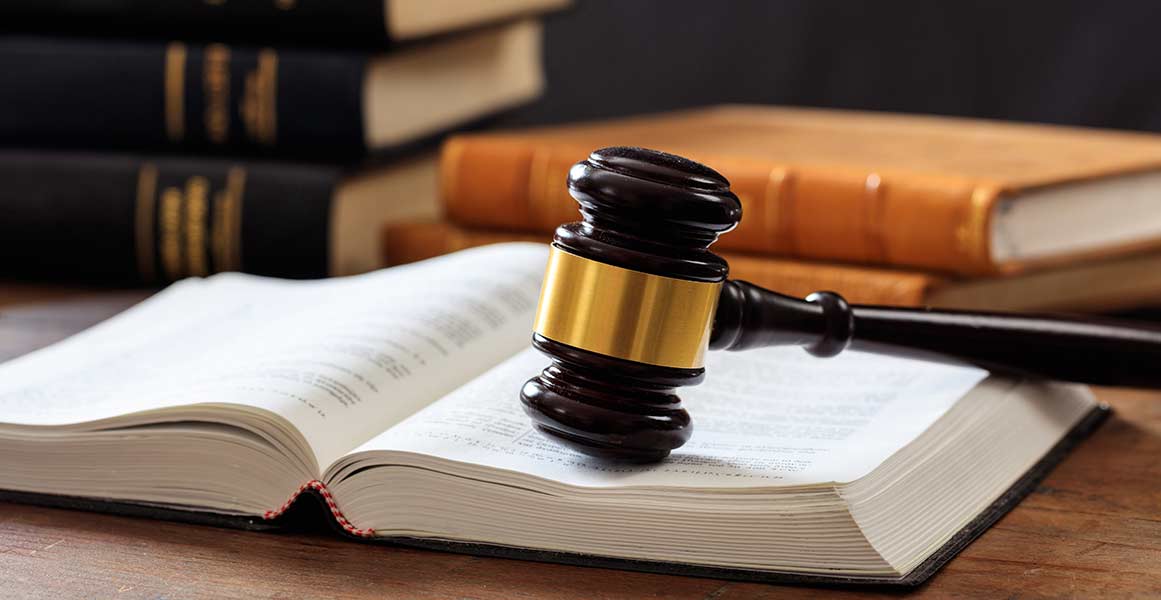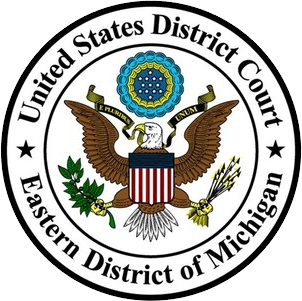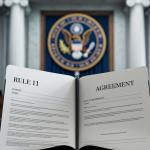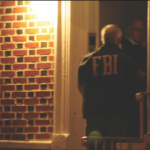Most Federal Rule 11 Plea Agreements Contain Appeal Waivers
Because you will likely have to sign a Rule 11 Plea Agreement if you want to resolve your federal felony charge with a favorable plea bargain, there is no room for errors or mistakes.

Appeal Following a Rule 11 Plea in Federal Court
A criminal defendant seeking to challenge a conviction because of inadequate legal counsel has to show that the lawyer’s performance was so bad that the case’s outcome likely would have been different had it been better. This standard is tricky and designed to deprive defendants of their civil rights when inadequately represented. Unfortunately, many criminal defense attorneys fail to pursue leads and neglect evidence favorable to their clients. Rule 11 Plea Agreement Appeal Waivers might foreclose your opportunity to get justice on appeal.
Even though a showing of ineffective assistance of counsel is rarely successful, almost one-third of the 94 United States Attorney’s offices have decided to place a waiver of an “ineffective assistance of counsel” claim in the standard plea agreement. This means that a defendant who is manipulated into accepting an unfavorable plea agreement to a felony in federal court will lose the opportunity to appeal when it is discovered that the deal was less than adequate and more zealous representation would have resulted in a lower prison sentence or more favorable terms and conditions of supervised release.
Why do Rule 11 Plea Agreements Contain a Waiver?
United States attorneys argue that these waivers preempt frivolous litigation and preserve court resources. Defense attorneys and federal public defenders say the waivers create a conflict of interest and insulate attorney conduct from judicial review. Sure, there are cases where the defendants appeal and make false claims regarding their defense lawyers. False and frivolous appellate issues are an unfortunate reality, but what about those defendants who genuinely are not represented in a way that would pass constitutional muster? Under the new Rule 11 Plea Agreement language, these defendants victimized by inadequate lawyers are then victimized a second time by language barring judicial review of their representation.
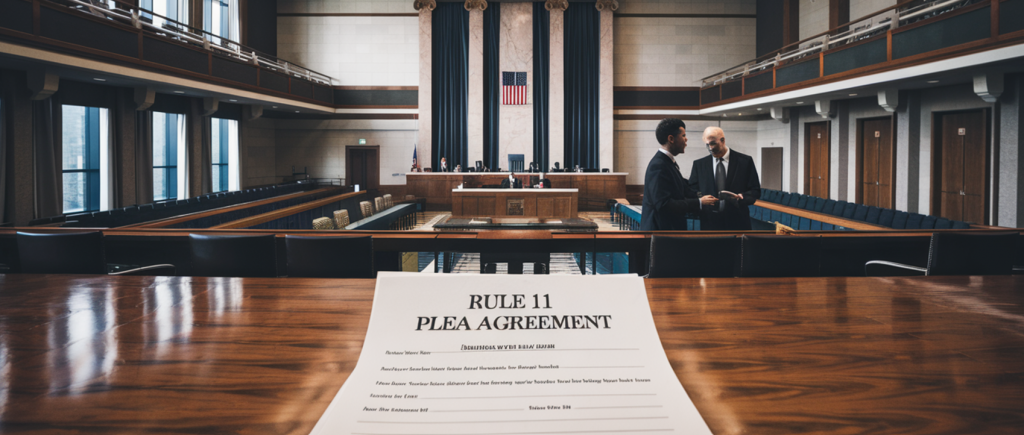
The Elements of a Rule 11 Plea Agreement
A Rule 11 Plea Agreement, as the Federal Rules of Criminal Procedure outlines, involves several key elements to ensure the plea is legally valid and constitutionally sound. In addition to Rule 11 Plea Agreement Appeal Waivers, these elements include:
- Voluntariness: The plea must be entered voluntarily, without coercion, threats, or promises outside the plea agreement. The judge must ensure that the defendant is making the plea of their own free will.
- Understanding of Rights: The defendant must be made aware of and understand the rights they are waiving by entering the plea. This includes the right to a jury trial, the right to be presumed innocent until proven guilty, the right to confront and cross-examine witnesses, and the right against self-incrimination.
- Understanding of Consequences: The defendant must be fully informed of the consequences of the plea, including the nature of the charge to which the plea is offered, the mandatory minimum and maximum penalties associated with the charge, and the fact that the court must also consider the U.S. Sentencing Guidelines. The plea is not voluntary if the defendant is not fully informed of the consequences.
- Factual Basis for the Plea: The plea must have a sufficient factual basis. A sufficient factual basis means adequate evidence to support the defendant’s guilt. The judge must confirm that there is evidence that could lead a reasonable jury to find the defendant guilty.
- Accuracy of the Plea Agreement: The terms must be accurately and fully stated in open court, and the judge must ensure that the defendant understands the agreement’s terms and conditions.
- No Contradiction in the Plea: The defendant’s statements in court must not contradict the admission of guilt. If a defendant maintains their innocence or provides a narrative that contradicts the guilty plea, the judge may not accept it.
- Advice of Counsel: The defendant should have competent legal representation and the opportunity to consult with their attorney before entering the plea. The attorney’s role is to ensure that the defendant understands the plea and that it is in their best interest.
- Judicial Approval: A judge must approve a Rule 11 Plea Agreement. While judges often follow plea agreements, they are not obligated to accept every plea deal, especially if they have concerns about the agreement’s legality or fairness.
- Waiver of Appeal Rights: Typically, a Rule 11 plea agreement includes waivers, such as a waiver of the right to appeal the conviction or sentence, although there are exceptions, such as appealing on the grounds of ineffective assistance of counsel or prosecutorial misconduct.
- Sentencing Considerations: While some plea agreements may suggest a specific sentence, the sentencing decision ultimately rests with the judge. The judge will consider the plea agreement but is not bound by it in determining the final sentence.
These elements are critical in ensuring that a Rule 11 Plea Agreement is conducted fairly, ethically, and in accordance with constitutional standards.
Frequently Asked Questions (FAQs)
What is a Rule 11 plea agreement?
A Rule 11 plea agreement is a formal deal in a criminal case where the defendant agrees to plead guilty in the United States District Court in exchange for certain concessions from the prosecution, such as reduced charges or a lighter sentence. Federal Rule of Criminal Procedure 11 governs this agreement.
How does a Rule 11 plea agreement differ from other types of plea agreements?
Rule 11 Plea Agreements are specific to federal court and have strict procedural requirements to ensure the plea is made voluntarily, knowingly, and with a factual basis. They are always in writing, extensive in detail, and include waivers of various rights.
What are the rights waived under a Rule 11 plea agreement?
By entering a Rule 11 plea, a defendant waives several rights, including the right to a trial, to confront and cross-examine witnesses, remain silent, appeal the plea and sentence, and be presumed innocent until proven guilty.
What happens during a Rule 11 plea hearing?
During a Rule 11 plea hearing, the judge ensures that the defendant understands the rights they are waiving and the plea agreement’s terms. The judge also confirms that the plea is voluntary and has a sufficient factual basis for the plea.
Can a Rule 11 plea agreement be withdrawn?
Withdrawing a Rule 11 plea is challenging and usually only possible before the court formally accepts it or if the defendant can show a fair and just reason for withdrawal.
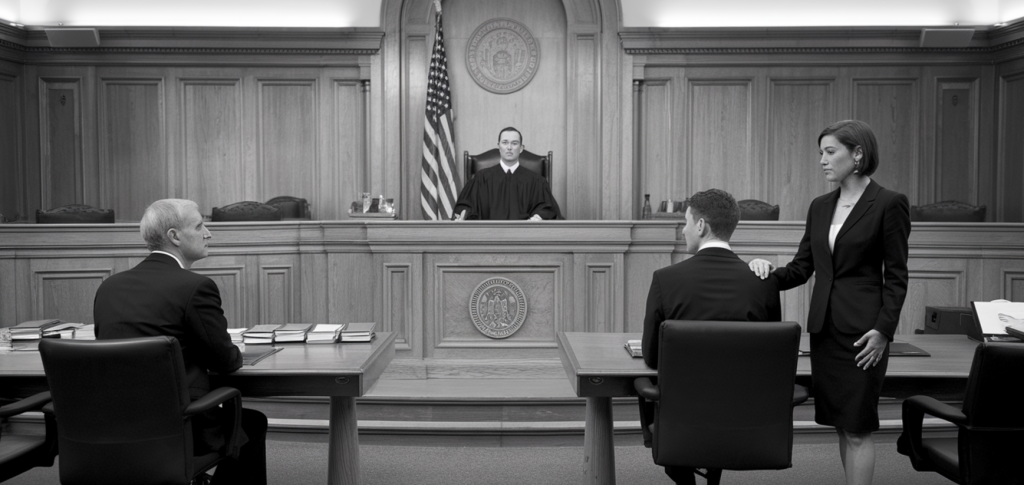
FAQs Continued…
What are the potential consequences of a Rule 11 plea?
The consequences include the penalties outlined in the agreement, such as imprisonment, fines, or probation, and indirect effects like a criminal record and potential social and employment implications. For non-U.S. citizens, the immigration consequences can include deportation, inadmissibility, and inability to become naturalized.
How does a judge determine if a Rule 11 plea is voluntary and knowledgeable?
The judge asks the defendant a series of questions during the hearing to ensure they are making the plea free from coercion, with a clear understanding of the rights they are waiving and the consequences.
What role does a defense attorney play in a Rule 11 plea agreement?
A federal defense attorney negotiates terms with the United States Attorney, advises the defendant on the implications of the plea, ensures the plea is in the defendant’s best interest, and represents the defendant during the Rule 11 plea hearing.
Are there any risks associated with Rule 11 plea agreements?
Risks include waiving trial rights, the potential for a harsher sentence than expected if the judge does not adhere to the plea agreement, and the impact of a guilty plea on future opportunities or civil lawsuits.
How is a Rule 11 plea agreement negotiated?
Negotiations involve discussions between the defense attorney and the prosecutor, considering the strength of the evidence, potential defenses, and the interests of both parties. The defense attorney’s reputation, skill, and experience are crucial to negotiating the best possible Rule 11 plea agreement.
What should I consider before accepting a Rule 11 plea agreement?
Consider the strength of the case against you, the evidence, the likelihood of a more favorable outcome at trial, the terms of the plea deal, and the long-term consequences of a guilty plea. Your lawyer should take the time to talk with you, answer your questions, and address your concerns before you decide whether to accept a plea.
How does a Rule 11 plea affect sentencing?
A Rule 11 plea might involve agreed-upon sentencing guidelines, facts impacting the guidelines, and sentencing recommendations, which can lead to a more predictable and sometimes more lenient sentence than if found guilty at trial.
What is the role of the prosecutor in a Rule 11 plea agreement?
The prosecutor negotiates the plea deal terms, presents the agreement to the court, and often makes recommendations on sentencing. The Rule 11 plea agreement binds the defense and the United States Attorney to specific sentencing arguments and positions.
Can a Rule 11 plea be appealed?
Generally, a Rule 11 plea waives the right to appeal, except in certain circumstances, like appealing the validity of the plea agreement or the sentence exceeding legal limits. The United States appellate courts are reluctant to overturn a plea based on a negotiated settlement of federal criminal charges.

Michigan Criminal Defense Attorneys who practice with the highest degree of ethics and professional responsibility
The attorneys with LEWIS & DICKSTEIN, P.L.L.C. specialize in criminal defense. It is essential to our attorneys that we practice with the highest ethical standards and professionalism while also giving our clients the most expert, zealous, and aggressive representation available. If you face state or federal criminal charges, the good and affordable attorneys at LEWIS & DICKSTEIN, P.L.L.C. are ready and willing to fight for you!
Call us today at (248) 263-6800 for a free consultation or complete an online Request for Assistance Form. We will contact you promptly and find a way to help you.

